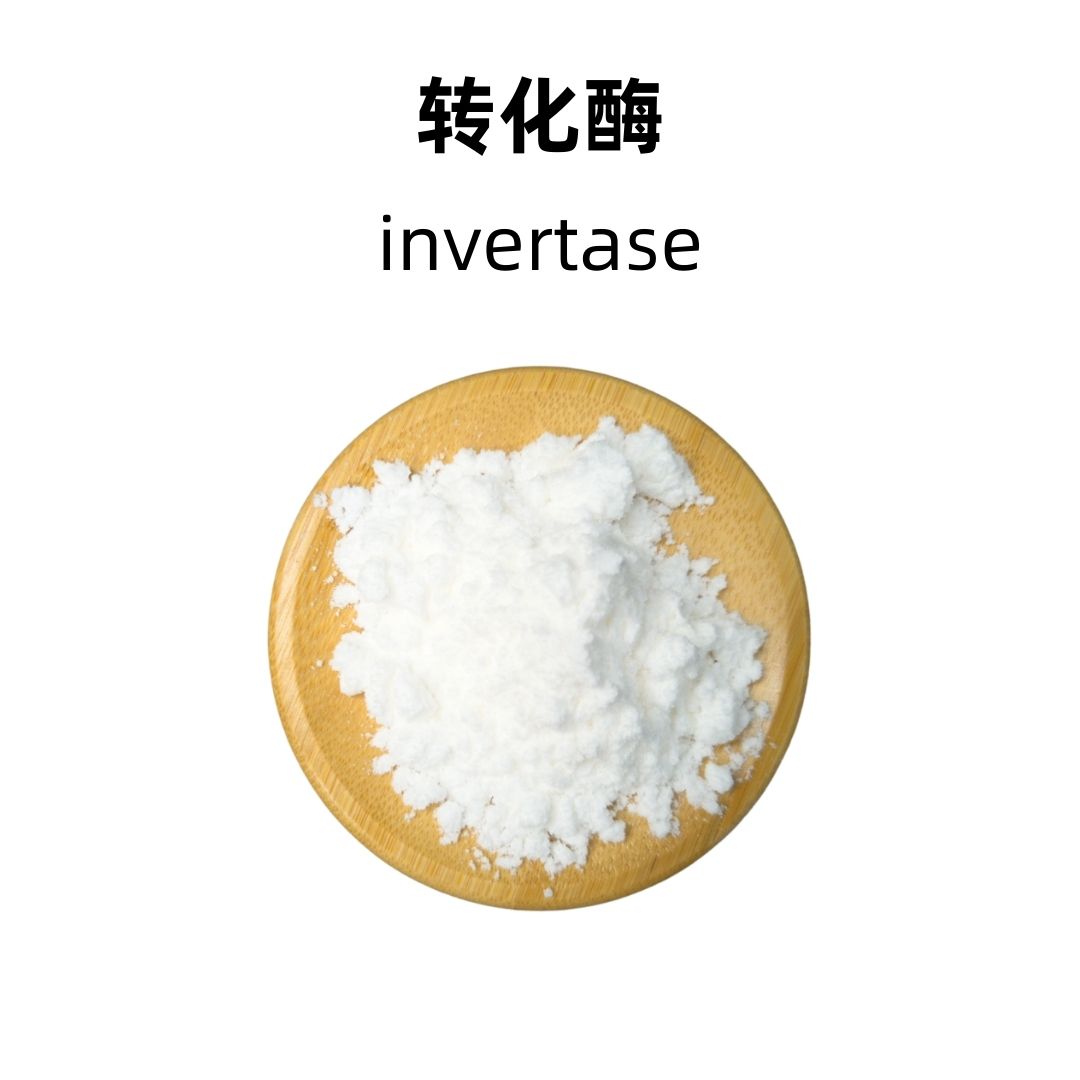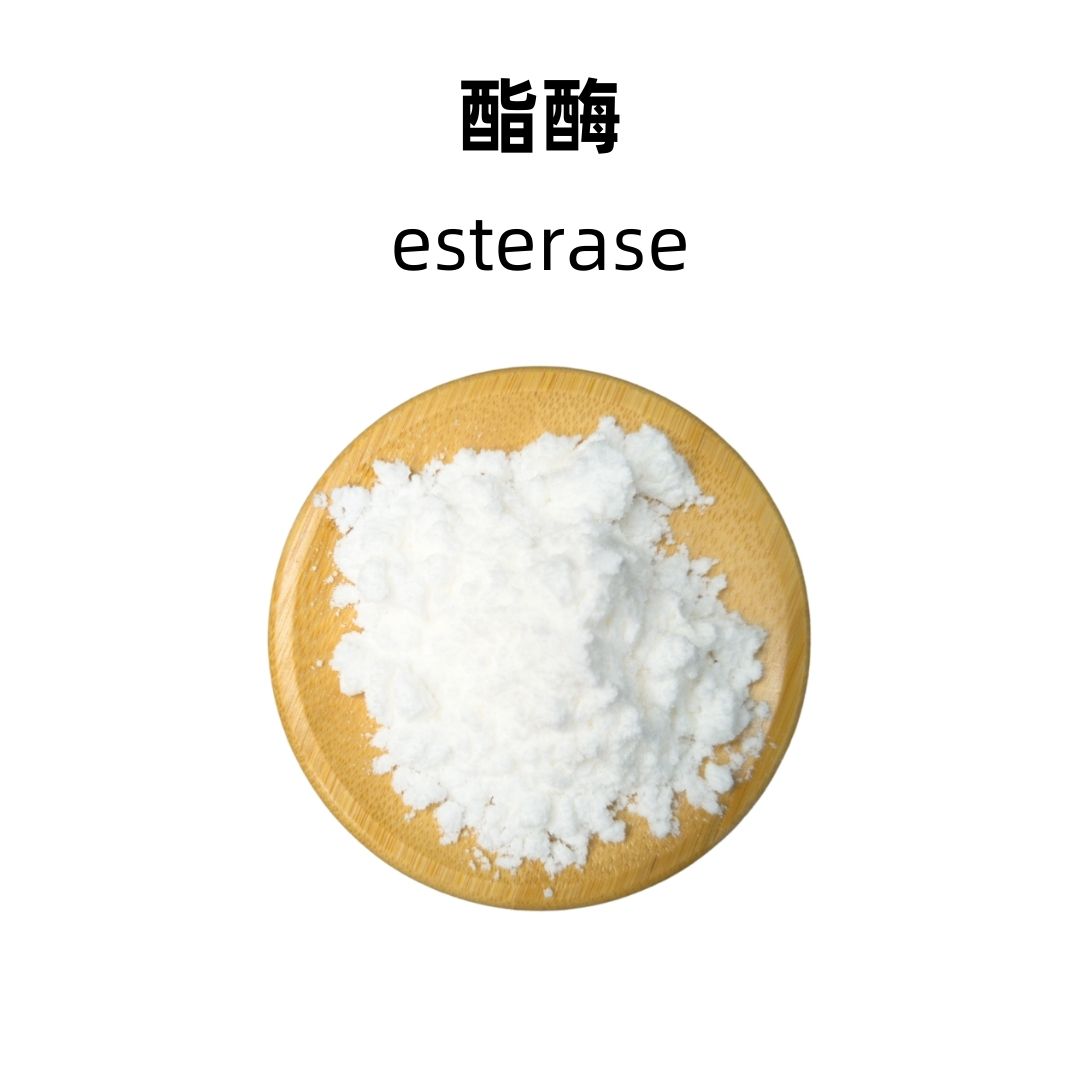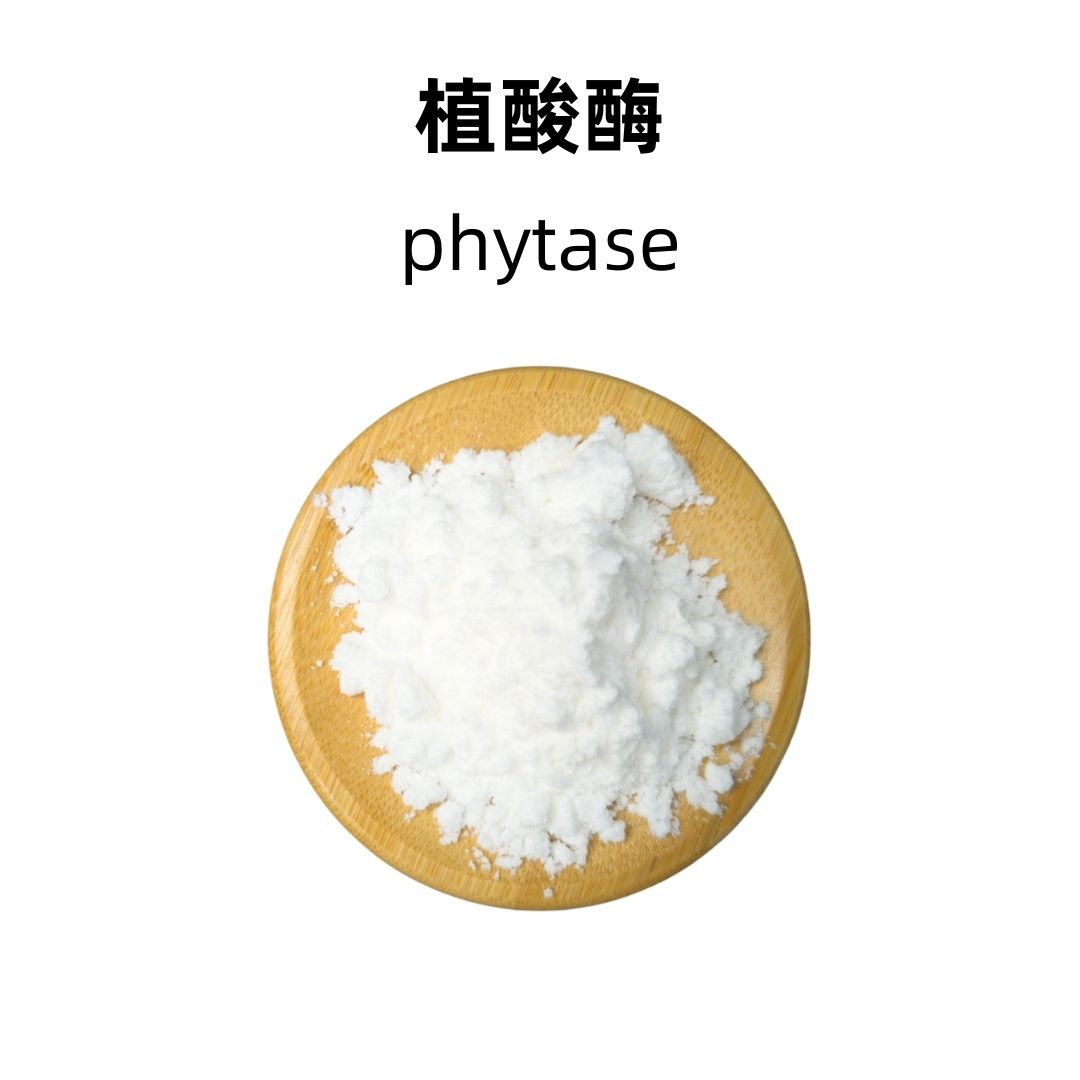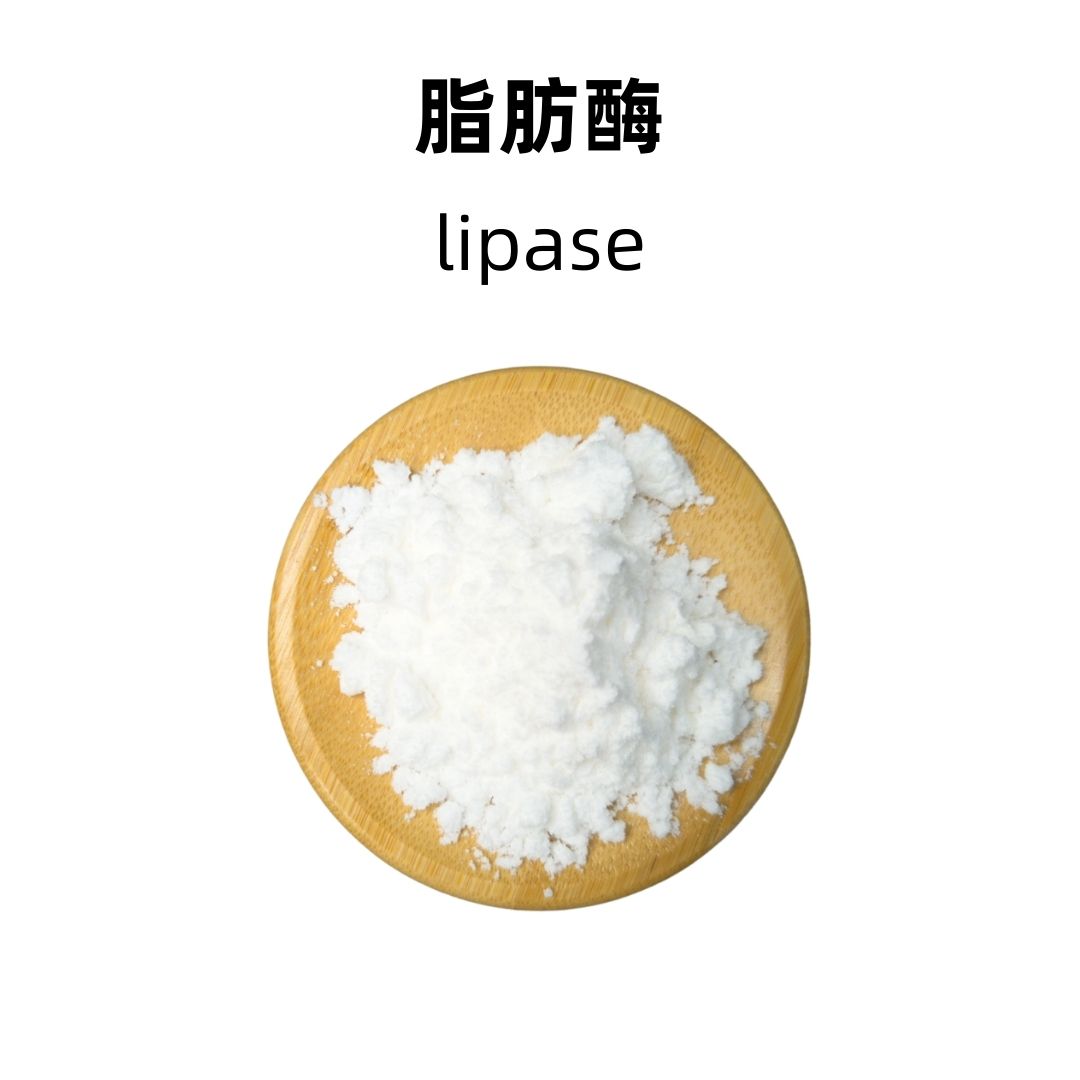Product Introduction
Alpha-glucosidase is an enzyme that plays an essential role in the digestion of carbohydrates. It helps break down complex carbohydrates into simpler sugars that the body can readily absorb. This enzyme is important in various biological processes and has applications in multiple industries.
Production Process
The production process of alpha-glucosidase typically involves fermentation methods using specific microbial strains that produce the enzyme. After cultivating the microorganisms, the enzyme is extracted and purified through filtration and chromatography techniques. The final product is then concentrated, dried, and tested for quality before packaging.
Effects and Functions
The primary function of alpha-glucosidase is to accelerate the breakdown of carbohydrates, thereby aiding in digestion. It helps control blood sugar levels by slowing the absorption of glucose, making it significant for people with diabetes. Moreover, it contributes to the efficient metabolism of starches and other complex sugars within the body.
Application Scenarios
Alpha-glucosidase is utilized in the food industry to enhance the processing of starches and improve the quality of baked goods. In pharmaceuticals, it is used in the development of anti-diabetic medications. Additionally, it is found in dietary supplements aimed at supporting carbohydrate metabolism and blood sugar regulation.
Packaging and Storage
Storage Conditions: The product should be sealed, protected from light, kept away from high temperatures, and stored in a dry, cool, and well-ventilated place.
Packaging: Bulk packages typically consist of 25 kg per fiber drum, while smaller samples are available in 1 kg aluminum foil bags. Custom packaging options can be arranged upon request.
Shipping Methods: Shipping is possible through various methods, including FedEx, DHL, dedicated logistics, and sea freight consolidation.
Shelf Life: The shelf life of alpha-glucosidase is two years under recommended storage conditions.
Monica Sun possesses extensive technical expertise and market insights in the food additives industry. She excels in designing efficient and safe additive formulations tailored to various food applications, ranging from sweeteners to functional dietary fibers. Monica has successfully assisted food manufacturers in optimizing ingredient combinations to enhance product quality and improve consumer satisfaction.

















